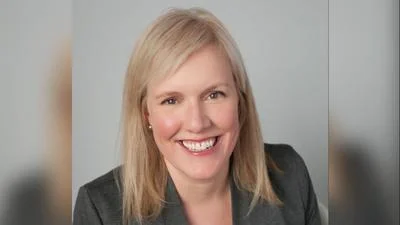Gov. Tony Evers | tonyevers.com
Gov. Tony Evers | tonyevers.com
Unemployment continues to fall across Wisconsin, with the state’s unemployment rate dropping to 3.2% in October as the state continues to emerge from the impact of the COVID-19 pandemic.
Citing data from the U.S. Bureau of Labor Statistics (BLS), the Department of Workforce Development (DWD) noted in a press release that the October unemployment rate was 0.2% lower than the previous month.
"We've been working hard over the last 18 months to put our state and economy in the best position to rebound from this pandemic," Gov. Tony Evers said in the press release.
Wisconsin’s unemployment rate is 1.2% lower than the national unemployment rate of 4.6%, according to BLS data.
"This is great news for our state and our economic recovery, and I'm proud of our efforts to make sure we bounce back even better than we were before the pandemic hit,” Evers added in the press release.
According to the DWD news release, the state’s labor force participation rate was 66.4% in October down slightly from 66.5% the previous month, and higher than the national rate of 61.6% in October.
"Wisconsin's total employment continues to increase while total unemployment decreases, which is a great sign of continued growth for the Wisconsin economy," DWD Secretary Amy Pechacek said in the news release. "To top it off, Wisconsin's unemployment rate decreased 0.2 percentage points in October, signaling increased worker confidence in rejoining the workforce and increased hiring by many sectors including construction, manufacturing, and transportation, warehousing and utilities."
According to a Wisconsin Examiner report, private sector jobs increased by 2,000 in October, while government jobs fell by around 3,000 during the same period.
Moreover, the Examiner noted that growth was strong in the leisure and hospitality segments, with 5,000 jobs added.
October marked the second month of data collected following the end of federal unemployment insurance, according to the report. In June, Evers vetoed legislation that would have ended the insurance program early, and the Examiner reported that the estate didn’t experience a surge in people looking for work after the benefits ended.


 Alerts Sign-up
Alerts Sign-up